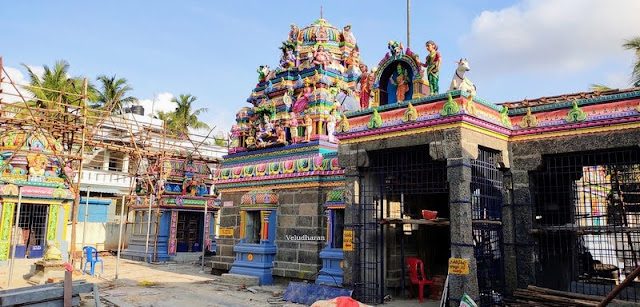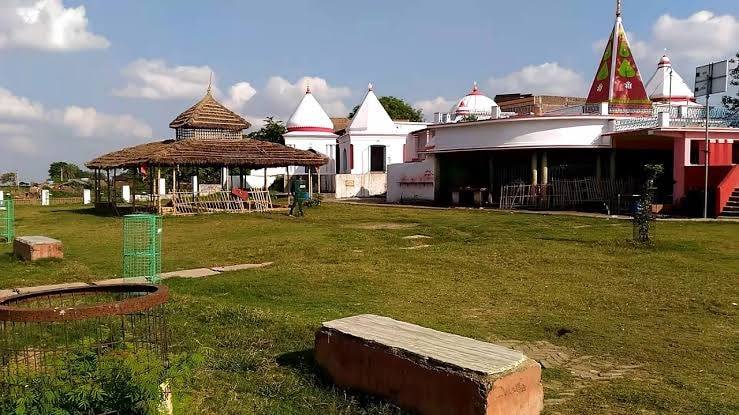Bidar, Karnataka City Guide: Where To Go, Stay, Eat, And shop in India’s best city.
Bidar is a historic city located in the northeastern part of the Indian state of Karnataka. It serves as the administrative headquarters of the Bidar District and is known for its rich cultural heritage, historical monuments, and architectural significance. Here are some key points about Bidar:
- History: Bidar has a long and illustrious history, dating back to the ancient times when it was part of the Mauryan Empire. It later became a significant center under the Bahmani Sultanate in the 14th century and subsequently under the Barid Shahi dynasty. The city’s name is believed to have been derived from “bidiru,” which means bamboo in the local language.
- Geography: Bidar is situated on the Deccan Plateau, at an elevation of about 2,200 feet above sea level. It is located near the border with the state of Telangana and is approximately 140 kilometers northwest of Hyderabad.
- Historical Monuments: Bidar is renowned for its historical landmarks, including:
- Bidar Fort: A massive fort built during the Bahmani Sultanate, known for its impressive architecture and intricate designs.
- Bahmani Tombs: The mausoleums of the Bahmani rulers, showcasing Indo-Islamic architecture.
- Chaukhandi of Hazrat Khalil Ullah: A beautiful structure with Persian architectural influences.
- Rangin Mahal: A palace within the Bidar Fort, famous for its wooden columns and intricate tile work.
- Guru Nanak Jhira Sahib: A Sikh pilgrimage site commemorating the visit of Guru Nanak Dev Ji.
- Culture: Bidar has a rich cultural heritage, influenced by various dynasties that ruled the region. The city is known for its traditional crafts, particularly Bidriware, a unique form of metal handicraft that involves inlaying silver or gold on blackened alloy.
- Economy: The local economy is primarily based on agriculture, with crops like jowar, bajra, and pulses being widely cultivated. Bidar is also known for its small-scale industries, including Bidriware manufacturing and other handicrafts.
- Education: Bidar is home to several educational institutions, including medical and dental colleges, engineering colleges, and other professional courses. The city has a growing reputation as an educational hub in the region.
- Transportation: Bidar is well-connected by road and rail. The Bidar Railway Station is part of the South Central Railway zone, providing connectivity to major cities like Hyderabad, Bangalore, and Mumbai. The city is also accessible by road via National Highway 150C.
- Tourism: Bidar attracts tourists and history enthusiasts due to its rich historical legacy and architectural marvels. The city’s serene environment and historical sites make it a popular destination for those interested in exploring Karnataka’s heritage.
- Local Cuisine: The cuisine of Bidar reflects the flavors of North Karnataka, with dishes like jowar roti, bajra roti, and various lentil preparations being staples. The city also offers a variety of street food and traditional sweets.
Overall, Bidar is a city that beautifully blends its historical past with modern development, offering a unique glimpse into the rich cultural and architectural heritage of Karnataka.

![Bidar, Karnataka City Guide: Where To Go, Stay, Eat, And shop in India’s best city. [Updated-2025]](https://traveloinfo.com/wp-content/uploads/2025/02/Bidar-Karnataka.jpg)
![Best Places to Visit in Bhubaneswar, Odisha [Updated-2025]](https://traveloinfo.com/wp-content/uploads/2025/06/sun-temple-odisha.png)
![Best Places to Visit in Brahmapur (Berhampur), Ganjam, Odisha [Updated-2025]](https://traveloinfo.com/wp-content/uploads/2025/06/berhampur123.jpg)
![Best Places to Visit in Hinjilicut, Ganjam, Odisha [Updated-2025]](https://traveloinfo.com/wp-content/uploads/2025/06/hinjli.jpg)



![Bangalore, Karnataka City Guide: Where To Go, Stay, Eat, And shop in India’s best city. [Updated-2025]](https://traveloinfo.com/wp-content/uploads/2025/02/bangaloref.jpg)
![Hyderabad, Telangana City Guide: Where To Go, Stay, Eat, And shop in India’s best city. [Updated-2025]](https://traveloinfo.com/wp-content/uploads/2025/02/hydrabad1.jpg)
![Ahmedabad, Gujarat City Guide: Where To Go, Stay, Eat, And shop in India’s best city. [Updated-2025]](https://traveloinfo.com/wp-content/uploads/2025/02/ahemadabad1.jpg)